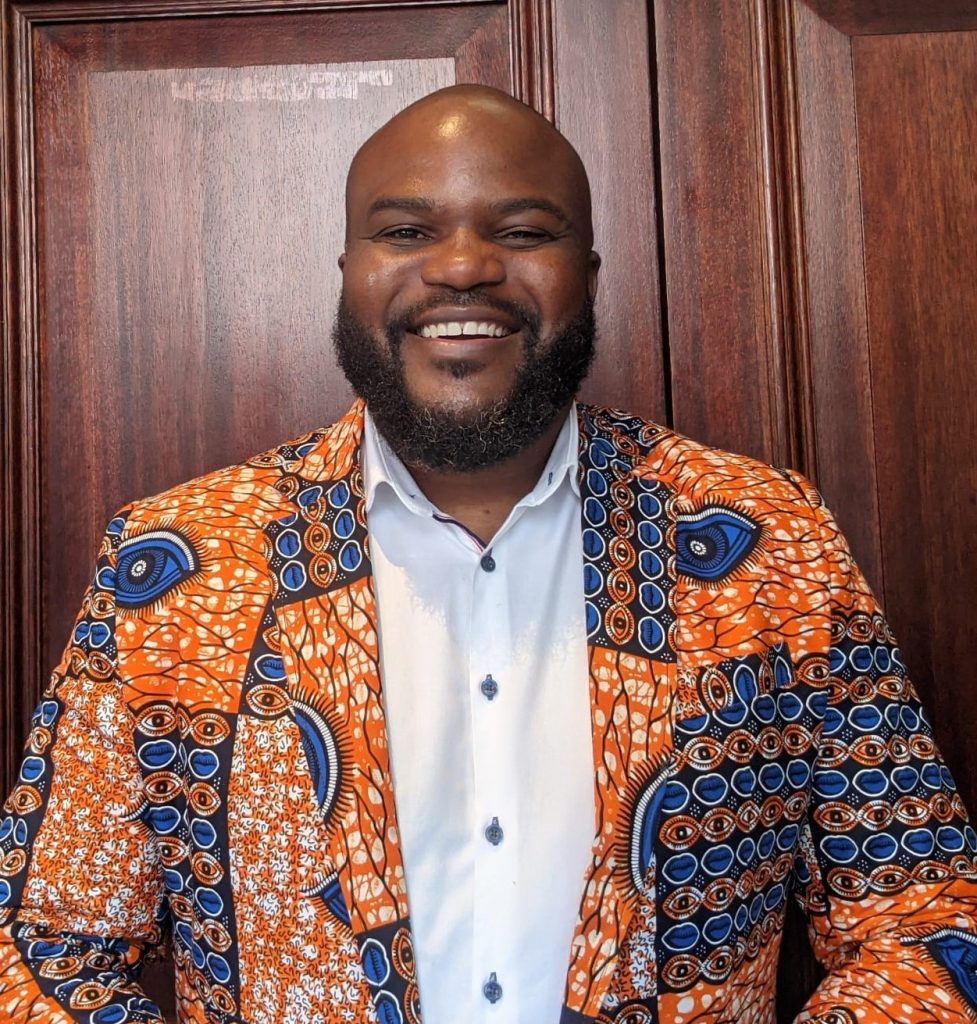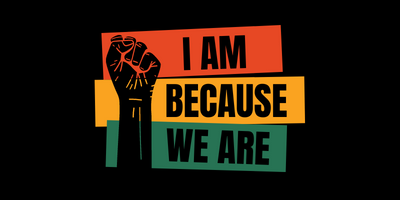
Dumi Senda, widely known as Coach Dumi, is Head of Growth and Innovation at RightTrack Learning. He is a highly inspirational individual who went from sweeping factory floors with very little prospects to becoming an Oxford MSc graduate and go-to global diversity and inclusion (D&I) expert and International Coaching Federation (ICF) certified coach.
Here he talks about Ubuntu, a culture and way of life that has not only been the backdrop to his upbringing but has also inspired and guided his approach on workplace and societal equality, diversity and inclusion (ED&I).
Origins of Ubuntu as a Global Inclusion Philosophy
Ubuntu stems from sub-Saharan Africa but is now celebrated across the world. This is in no small part thanks to the work and legacy of African liberation icons such as President Nelson Mandela and Archbishop Desmond Tutu, both with whom I can modestly claim a connection to, having had the honor of performing a poem for President Mandela on his birthday at the invitation of the BBC and contributing to a Penguin-published book entitled Everyday Ubuntu, foreworded by Archbishop Tutu.
President Mandela described Ubuntu through the story of a ‘stranger’ passing through a village; villagers hail the stranger over and offer them water to drink and food to eat before the stranger can continue their journey. The villagers do this not because they have extra supplies, but because they view the welfare of the stranger and their own as co-dependent. A sentiment echoed by Archbishop Tutu who described Ubuntu as the ‘thread’ that connects our humanity. Thus, the phrase “I am because we are” is used to encapsulate the essence and spirit of Ubuntu.
Relevance of Ubuntu to Workplace and Societal Inclusion
Going by my experience growing up in Zimbabwe, Ubuntu comes to life through the choices we make, particularly in moments where our power can either open or shut the door for others to fully experience their humaneness. All of us, whatever our background, encounter those oft ordinary life moments where we can either reinforce or weaken the thread of humanity. In that moment, do our attitudes and behaviors embody, reflect, and uphold ‘togetherness’ or ‘otherness’?
In my work with organisations and communities on ED&I, I have come to understand and appreciate that the true power of Ubuntu lies in its cross-cultural relatability. You do not have to have set foot in Africa to resonate with the principle of a shared and mutually reinforcing humanity.
The principle of I am because we are, can be identified in other cultural philosophies such as Satyagraha, which talks about “holding onto truth” and “doing no harm” and is largely associated with the work and legacy of Mahatma Ghandi. Even ‘modern’ ways of life, as ordinary as holding the door open for a stranger to walk through – a common practice in Western countries like the UK – have semblances of ‘I am because we are’ to varying degrees in them.

Significance of Ubuntu during Black History Month
So, what significance does Ubuntu hold during Black History Month?
Well, other than being a worthwhile cultural philosophy to learn about, in my humble view, there are practical takeaways which could inform how we approach creating genuinely inclusive workplaces and communities. Given the tendency to broach conversations on ED&I in a ‘them-and-if-not-against-us’ way which stifles solidarity and collaboration, Ubuntu could be a meaningful alternative to inform strategic thinking around how we approach workplace and societal ED&I.
It could inspire us into meaningful and impactful partnerships within our teams and organisations and across society through being as invested in the welfare of our colleagues and our neighbors as we are in our own.
Value of Sharing our Stories and Lived Experiences
The abiding memories of my unassuming childhood in rural Zimbabwe, under the loving care of my grandparents, ugogo uMaNkomo and ukhulu uGwanda (may their beautiful souls continue to rest in peace), are filled with practical lessons about sharing what little we had with those who had less and running amok in the fields tendering to crops of our elderly neighbors.
The word ‘charity’ was just not in our psyche or vocabulary; we were raised to view being of service to others as being an inherent part of cultivating our own humanness. These ordinary experiences from my childhood have had the most vivid impact on my life and career choices.
Join the discussion: What aspects of your culture and upbringing you took for granted has influenced your life and career choices? What value could sharing your story unlock for workplace and societal inclusion?
Equality, Diversity and Inclusion Training
Find out more about our Equality, Diversity and Inclusion training courses.